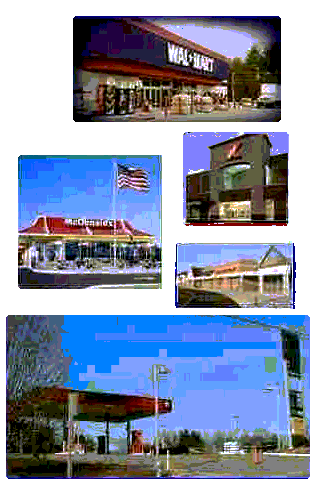|
Public transportation can work if properly supported
U.S. Department of Transportation
Federal Transit Administration
400 Seventh St. S.W.
Washington, D.C. 20590
United States
Dept. of Transportation
400 7th Street, SW Washington D.C. 20590
Federal funding for mass transit comes from the
federal gas tax to pay for capital grants. The
protection of present state policies and funds for
those who cannot afford the necessary high costs of
mass transit will work best to ensure we can retain
and increase these grants.
The Michigan Department of Transportation (MDOT) is
responsible for both raising money for federal
transit grants and to provide logistic operating
supports. Maintaining and repairing
existing transportation systems are
paramount to the quality of life and economy of
Michigan.
The suburbs of Detroit are loaded with low wage jobs with little
or no opportunities to get from low income areas to places of employment
other then a car. Saving SMART and mass transit to benefit the
taxpayers requires industry supports and job growth. Raising the
county transit authority tax without this growth will not keep our
region "moving forward".
Industry
transit support in the form of decent paying
jobs are most important to pay for mass
transit.
These include - ACO, Blockbuster, Borders, Burger
King, Comerica, Days Inn, Domino's Pizza,
Ford Motor Compay, General Motors,
Home Depot, J.C. Pennys, K-Mart, Kroger, Marriott
Hotels, McDonalds, Meijers, Murrays, Office Max,
Sears, Staples, Starbucks, Taco Bell, Target,
United Airlines, Walgreens, Wal-Mart plus many,
many more.
|
|
